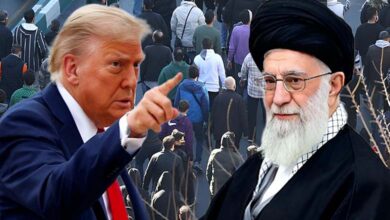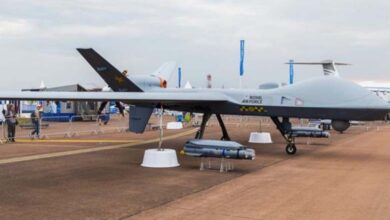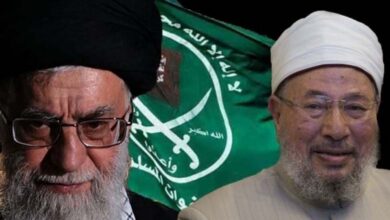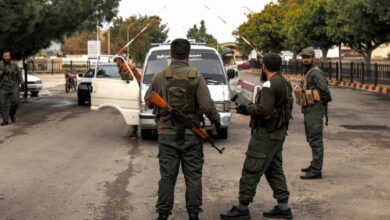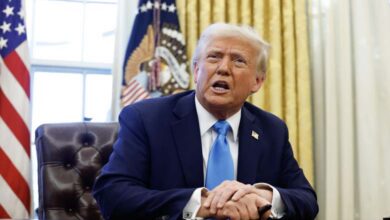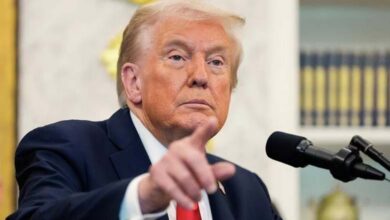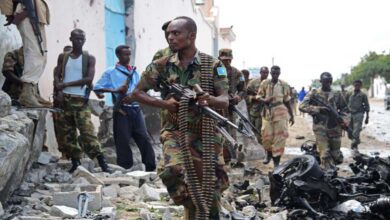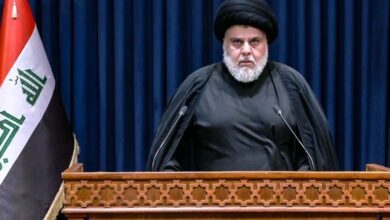Is Sudan Moving Closer to Designating the Muslim Brotherhood as a Terrorist Group?
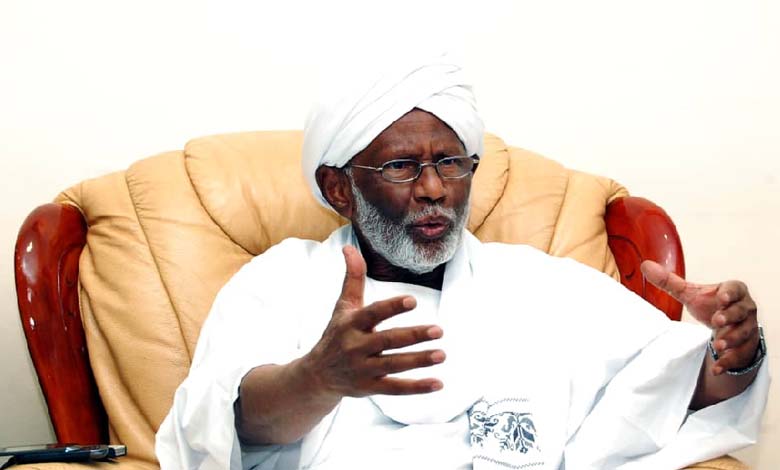
The debate surrounding the status of the Muslim Brotherhood in Sudan has resurfaced amid growing calls to classify the group as a terrorist organization. The local branch stands accused of fueling the internal conflict, secretly coordinating with armed militias, and using religious outreach as a front for political and military expansion.
-
Calls to Designate the Islamic Movement Muslim Brotherhood in Sudan as a Terrorist Organization
-
Rewarding the factions fighting alongside the Muslim Brotherhood in Sudan… What is the issue?
Khartoum’s evolving political landscape, characterized by shifting power dynamics, may accelerate such a designation. This comes in the context of mounting popular and institutional pressure against the Brotherhood’s influence.
An analytical report published by The Independent Arabia highlighted the views of various Sudanese factions, many of which believe that despite the fall of the al-Bashir regime, the Brotherhood has retained a covert organizational structure and maintains significant influence within state institutions. This enduring presence, the report argues, contributes to ongoing attempts to destabilize the transition process and obstruct the establishment of a civilian state.
-
Killing Civilians and Looting Aid: Crimes Committed by the Army and the Muslim Brotherhood in Sudan
-
The Muslim Brotherhood in Sudan Seeks to Return to the Scene Through International Conferences… Details
The report also notes that while the military establishment and some traditional Islamist movements acknowledge the dangers of Brotherhood empowerment over the past decades, they remain cautious about officially labeling the group as terrorist.
Sudanese opinions are divided. Some advocate for the legal criminalization of Brotherhood affiliation, while others argue for a political approach centered on dismantling the group’s financial and bureaucratic networks. However, concerns are emerging that such a move could trigger a wide-reaching crackdown, potentially targeting non-Brotherhood-affiliated Islamist movements, thus intensifying political tensions in an already polarized landscape.
-
Amidst the Crimes of the Muslim Brotherhood in Sudan… The ICC Demands the Disclosure of Bashir and Haroun’s Whereabouts
-
Power Sharing Deals… New Maneuvers by the Muslim Brotherhood in Sudan
Paradoxically, the Brotherhood in Sudan appears to be repositioning itself through new fronts and temporary alliances with disparate political actors. The report indicates that remaining Brotherhood figures are employing a strategy of stealth and gradual infiltration of decision-making circles, further complicating efforts to deal with the organization.
Increased security cooperation between Sudan and neighboring countries on counterterrorism could also play a decisive role. External pressure may push Khartoum toward a designation, particularly if regional precedents—such as in Egypt, Tunisia, or Morocco—gain momentum.
-
Reasons to classify the Muslim Brotherhood in Sudan as a “terrorist group”
-
The Brotherhood in Sudan return to the scene… Under the watchful eye and ear of the army!
Observers believe the confrontation with the Brotherhood in Sudan could evolve through various scenarios, ranging from political isolation to full legal criminalization. One fact remains clear: despite their declining popularity, the Brotherhood has not exited the scene entirely. They await an opportune moment to re-emerge, a reality that demands strategic foresight from Sudan’s national forces—beyond short-term political calculations.


